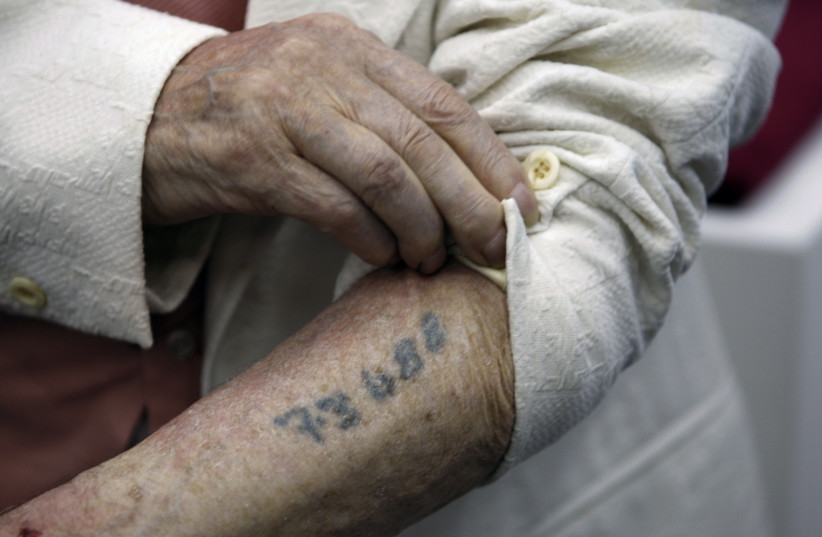This week, the world has been marking International Holocaust Remembrance Day. It’s a day that shines a spotlight on the horrors endured by millions of Jews, but it’s also a reminder of our responsibility, as a society, to take care of those who survived.
Today, there are 123,715 Holocaust survivors living in Israel, with an average age of 87. Of these, 90,000 are classified as needing 24/7 care. Data from the Foundation for the Welfare of Holocaust Survivors paints a grim picture: approximately half of the survivors struggle to cover their household expenses, 36% need help purchasing food, and 27% had to skip meals in the past year due to financial difficulties or mobility issues. A shocking 7.5% had to forgo medication – a stark reminder of the dire situation many are facing.
Life in old age is difficult for many, but for Holocaust survivors, it is particularly harsh. These statistics, released this week, serve as a stark reminder that our window to take action is closing.
Beyond the economic reality, there is a personal and emotional aspect. Many survivors live alone, disconnected from human warmth, without the family or support system that could care for and comfort them. At an older age, loneliness is not just a feeling – it poses a serious threat to both mental and physical health.
Israel often speaks of Jewish morality, national values, and social resilience. We excel in grand ceremonies, fiery speeches, and emotional documentaries on Holocaust Remembrance Day. But the real challenge is not on that one day, but in our daily lives. Do we remember the survivors every day?

Memory and responsibility should not be confined to just one day of the year. Time is not on our side. Holocaust survivors will not be with us for many more years. We have a short window of opportunity, and it demands action now. Our moral duty is to ensure that their final years are marked by dignity, economic security, and a supportive emotional and physical environment.
The government must take responsibility and act immediately to develop systemic solutions. Alongside critical financial measures, like increasing pension benefits, there must be a focus on tackling loneliness.
One of the key challenges is strengthening the social support system for survivors. We need to establish a permanent system of home visits by professionals and volunteers, along with the creation of support communities offering survivors a sense of belonging, human connection, and social support.
Additionally, life-saving technology can be integrated: personal emergency devices that provide a quick response in times of crisis, and monitoring systems that can detect unusual inactivity and automatically report it. This way, we can identify the distress of lonely Holocaust survivors and offer real-time assistance.
Furthermore, we need to consider how to make social activities accessible to survivors, such as classes, social gatherings, and intergenerational visits. Creating connections between survivors and younger generations can provide them with daily meaning, a sense of value, and an antidote to loneliness.
Lessons learned from Holocaust survivors
Holocaust survivors have taught us a powerful lesson about the resilience of the human spirit, hope, and the ability to rise from the ashes. Now, it is our turn to prove we are worthy of them.
Holocaust remembrance is not just about ceremonies – it’s about daily action to preserve the dignity of survivors. This is the time to step things up, adopt practical solutions, and build a system that will care for their welfare until their final days.
Let us remember: every day we do nothing is a day where another survivor may feel abandoned, neglected, and unsupported. It’s time for us to give them back some of the kindness and respect they deserve – not just on Holocaust Remembrance Day, but every day of the year.
Take responsibility, before it’s too late.
The writer is the vice president of strategic development at 121 Engine for Social Change.
